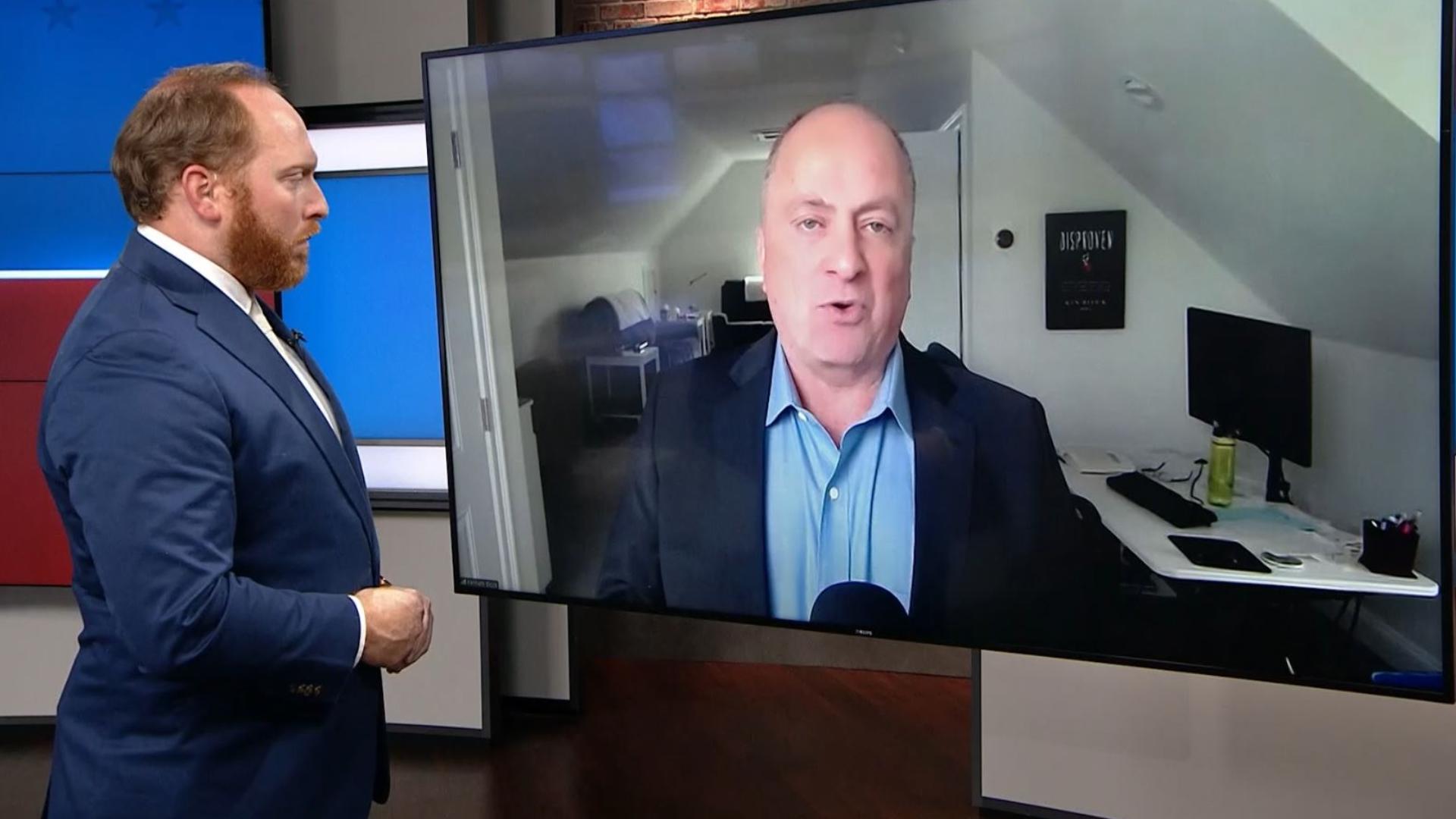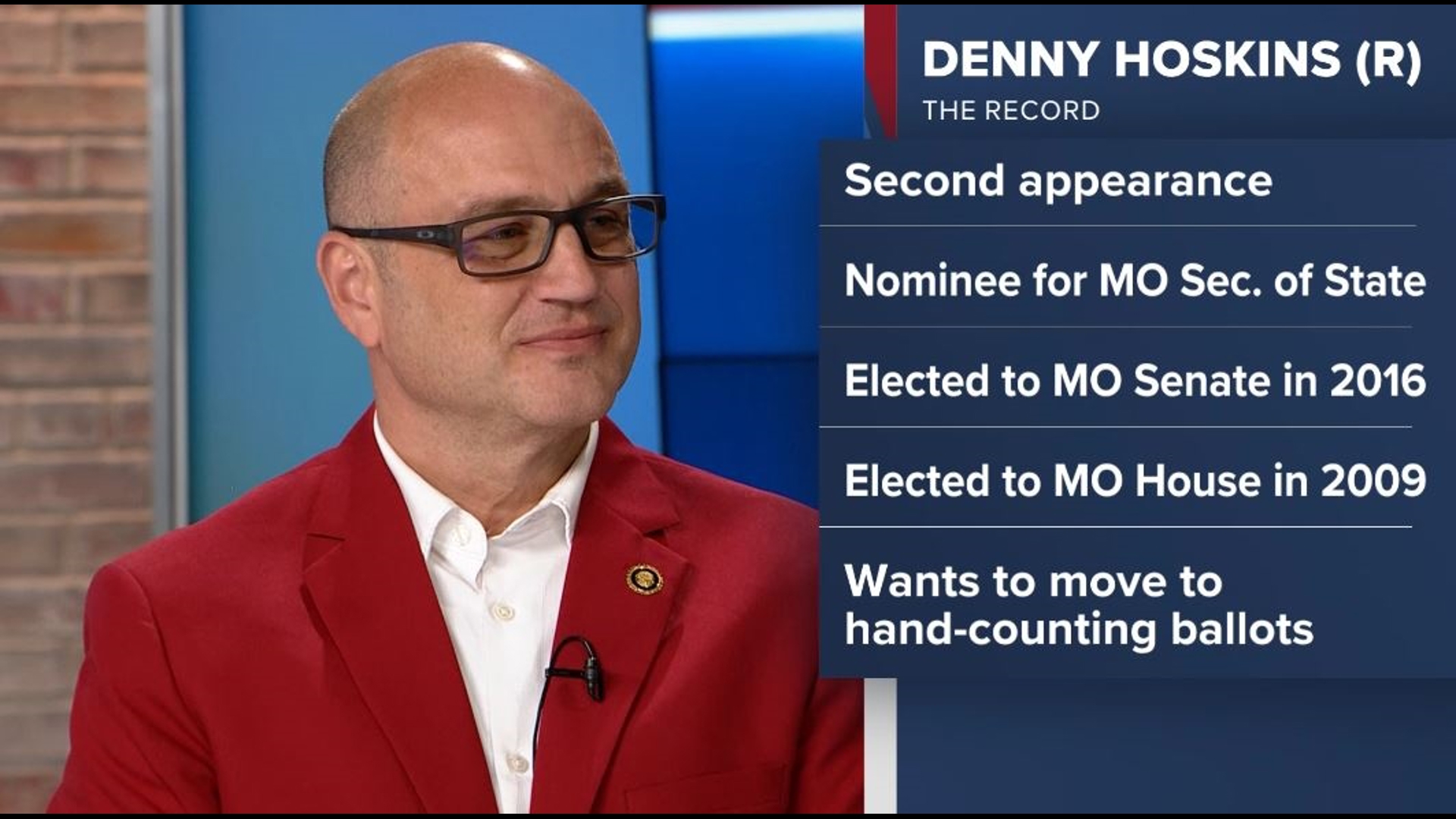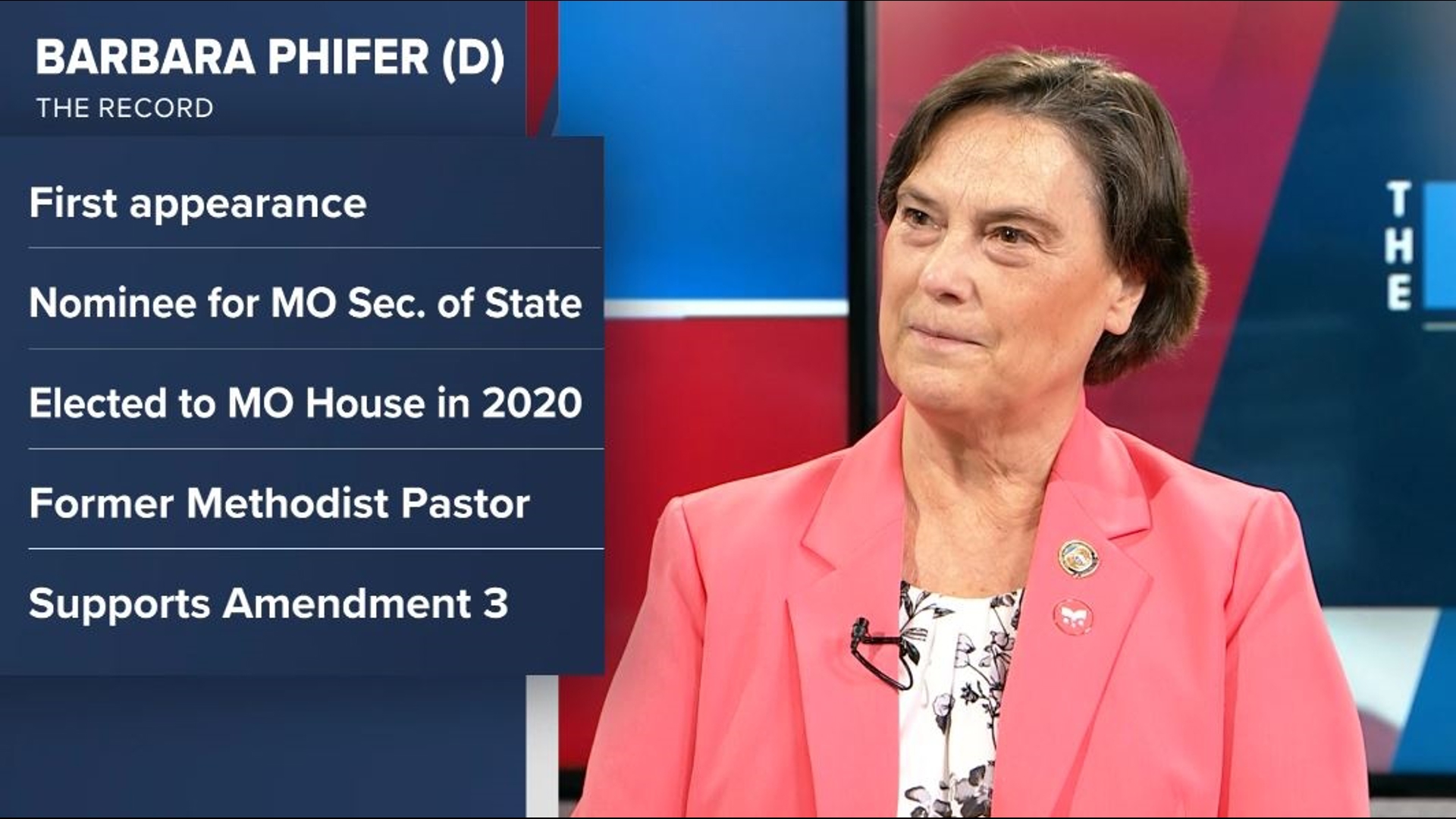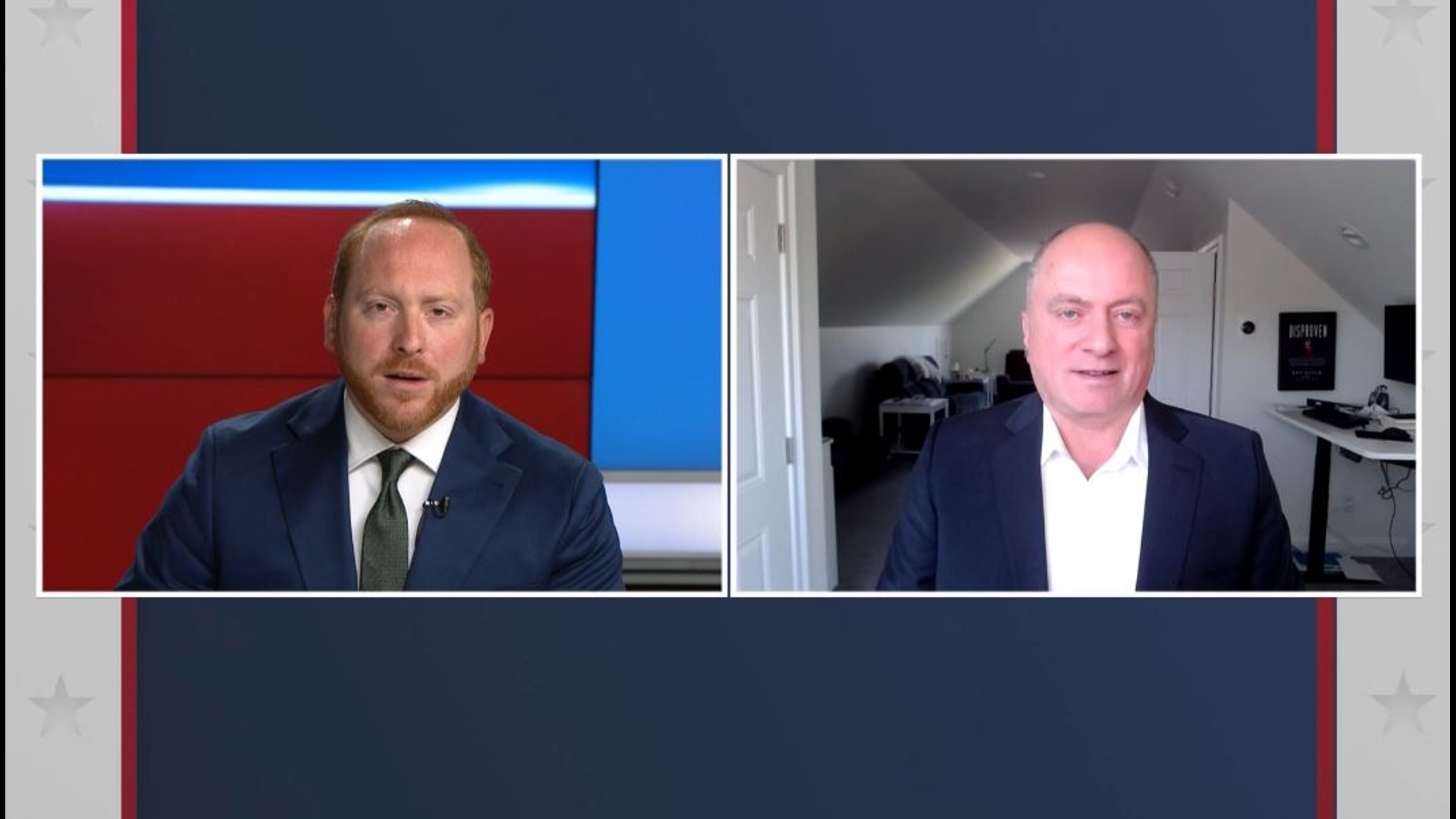ST. LOUIS — Following his loss in 2020, former President Donald Trump was certain the election was stolen. That certainty led to him hire Ken Block.
With an expertise in voter data and technology, Block was tasked with finding proof that there was widespread election fraud. His research found the opposite.
"We were very far away from proving in any of the swing states that enough fraud that was detectable and provable." Block said.
In the past, Block has worked with state governments to identify fraud and government waste, making him the right person for the job when the Trump campaign called in 2020. In addition to data analytics, Block also has a background in politics. Ken ran for governor twice, most recently as a Republican. He lost both races. His website details it this way :
Block's tenure with the Trump Campaign was brief, but the impact of his findings are long-lasting. Block wrote a book detailing everything, titled "Disproven." It was released in early 2024 and has received praise from people like the Trump Administration's former Attorney General, Bill Barr and Georgia's Secretary of State. Block hopes more people will find clarity in his findings.
"The very first thing for everybody is to understand the difference between legally admissible evidence and hearsay evidence." Block points to some examples of hearsay he's heard in the past - people seeing a trailer truck full of ballots, a pile of ballots in a ditch, etc. "This isn't proof that you can bring to court. It has to be evidence that the legal system will accept. And there was very precious little of that in 2020."
Cutting through the noise of partisanship, Block's work to disprove claims of widespread voter fraud can assist in how we approach and understand the results of the 2024 election. Recent reports of ballot boxes being burned and heightened tension at polling places has put many on edge. Republican-led lawsuits are challenging absentee and mail-in voting process. And in one dramatic case, canvassers in the swing state of Pennsylvania mistakenly cried wolf on voter fraud when they discovered more than 50 people in Pennsylvania, all registered to vote at the same address. That address? A church where Benedictine nuns lived and worked.
"Clearly there was nothing nefarious there" Block says in reaction to the mistaken claims. "Apparently [the nuns are] considering a defamation suit. "
Block believes all of these instances of election denialism comes down to ignorance.
"Most of what's come up so far has been people not understanding what they're looking at, not understanding how elections work." Block said.
Despite the data from experts like Block, debate around trust in elections continues. A Monmouth poll conducted last summer found roughly 3 in 10 Americans still believe Joe Biden's 2020 victory was fraudulent. 68% of Republicans polled say he won "due to voter fraud."
This year, some politicians have made election denialism a campaign platform. In Missouri, the Secretary of State's race has two candidates with very different views on voting. The person elected will become the official charged with overseeing the state's election administration in Missouri. The Democrat sees the office as opportunity to make voting more accessible. The Republican promotes election denialism and wants to throw out voting machines and switch to hand counting ballots. The proposal is one Block adamantly disagrees with.
"It's a terrible idea. It's going to introduce way more problems than it eliminates." Block says, pointing to the amount of time accurate hand counting would take. "There's no way that a human being is gonna count those votes more accurately than a machine will."
Ken Block's data continues to be valuable to both understanding elections and advocating for them. Throughout his time promoting his book, he details many ways to improve elections.
We also spoke with Block in May 2024. Here's that full interview :




